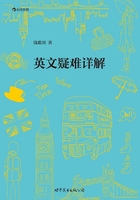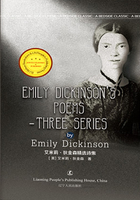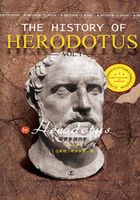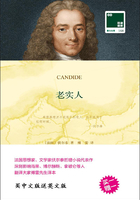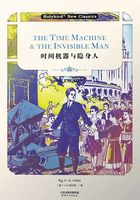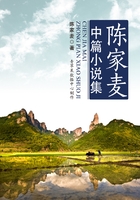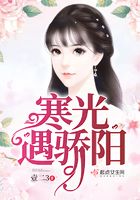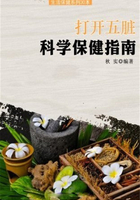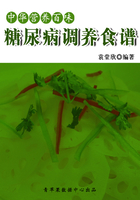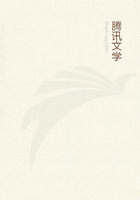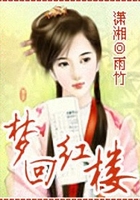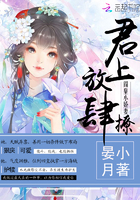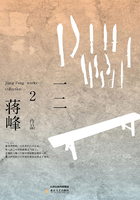In the span of a year, the British had exhausted their bag of tricks. First came their nonsensical rhetoric about the continuing validity of the "three treaties" ; then came their attempts to besiege China with international opinion, to "trade sovereignty for administration," "plead for the lives of the people," to roll out the "three-legged stool" and "play the democracy card" , with a final play to public opinion pushing negotiations to the point of breakdown. With no more gimmicks left to deploy, the British found themselves on the receiving end of an old Chinese aphorism: "trying to lift the stone, you smashed your own foot." Deng Xiaoping set September of 1984, as the final deadline for the negotiations on Hong Kong's return. The Chinese side took to calling it "death day." When "death day" arrived, China would declare to the world its intent to retake Hong Kong. Now, "death day" was only one year away. If Britain continued to hem and haw, when the day arrived China would unilaterally declare its reclamation of Hong Kong, with results that Britain would rather not contemplate.
The British had no choice but to return to the negotiations they themselves had run aground. When the two sides began the fifth round of negotiations, Chinese lead negotiator Yao Guang took a tough line: "If Britain does not change its attitude, we will have to consider whether there is any need for these negotiations to continue!"
The remaining eighteen rounds of negotiations unfolded like eighteen bends in a mountain road, twisting and challenging.
The British side continually put forth absurd proposals, including one to "return the government to the people." The proposal would see Hong Kong, which had never in its history been democratic, hold direct elections. It was an attempt to ensure that Hong Kong's Legislative Council (known as the LegCo) would be directly elected following the 1997 handover. The proposal had, in fact, already been passed through the LegCo.
Under British rule, Hong Kong was widely viewed as being a free society without democracy. The governor was appointed by Britain, who in turn appointed the officials at the every level of the bureaucracy. There were no direct elections. Now that Hong Kong would be returned to China, Britain was prepared to "return the government to the people." Soon after, the British side put forth a series of irrational demands: to protect Hong Kong's prosperity, its connections with Britain would have to be maintained, and its capitalist system kept separate from the mainland's socialism; that Britain would not establish a consulate in Hong Kong, but rather would establish an "office of the high commissioner" ; that foreign bureaucrats in Hong Kong would not only be allowed to remain in office, but could serve in the territory's highest positions; that the Hong Kong government could make any kind of change to the territory's regulations and laws during the transition period, right up until June 30, 1997.
The most ridiculous demand was Britain's refusal to allow the PLA into Hong Kong, saying that it would frighten the city's people, and that they would immigrate at the first sight of mainland troops.
I suddenly get the feeling that Britain wasn't just negotiating with China over Hong Kong's return, but was making a vain attempt perpetuate its colonial reign by "ruling from behind the curtain" conducted by Tzu-hsi following the handover.
After Hong Kong returned to the mainland, what place of Britain's would it be to demand that Hong Kong's ties with the mainland be "isolated" ? What right would they have to demand that foreign bureaucrats not only remain on, but be able to hold the highest posts? After Hong Kong's return to China, what right would Britain have to prevent Hong Kong from changing its own laws? It was patently absurd!
China's response to these ridiculous views was, of course, to denounce them.
Zhou Nan's retort: "How is that reasonable? You can station your troops, but we can't? Stationing troops is the essence of sovereignty, that is a universally accepted truth!"
Multiple times, Deng Xiaoping said: "We cannot be soft on the British! We have to be tough!"
At one point, one high official, not well versed on the situation in Hong Kong, responded carelessly to a follow-up question by a local journalist, saying: "We don't necessarily have to station troops [in the territory]." The next day, headlines in every major newspaper in Hong Kong blared out "Chinese leader says government sees no need for troops."
When the incident occurred, Deng Xiaoping happened to be in a meeting with a Hong Kong delegation. He hurriedly called back several Hong Kong journalists who had been interviewing him, saying, "Come back! I have something to say. All of you go back and deliver a message for me. Say that what that official said is nonsense! Help me dispel the rumors, because it's rubbish! How could we not put troops in Hong Kong? Garrisoning troops is the essence of sovereignty. Why can Britain station troops in Hong Kong but China cannot? We can recover sovereignty, but we can't station troops on our own territory? Where in the world is this considered reasonable? Putting troops in Hong Kong is a symbol of sovereignty. If we don't even have that power, can we really say that we've recovered the right to exercise sovereignty? We must station troops [in Hong Kong]!"
Deng Xiaoping's firmness pushed the Chinese negotiators to be firm in turn. They would show no weakness towards nor compromise with the British side.
After two years of maneuvering, with five informal sessions and twenty-two formal negotiations, the British and Chinese sides were finally able to usher in a historic moment.

